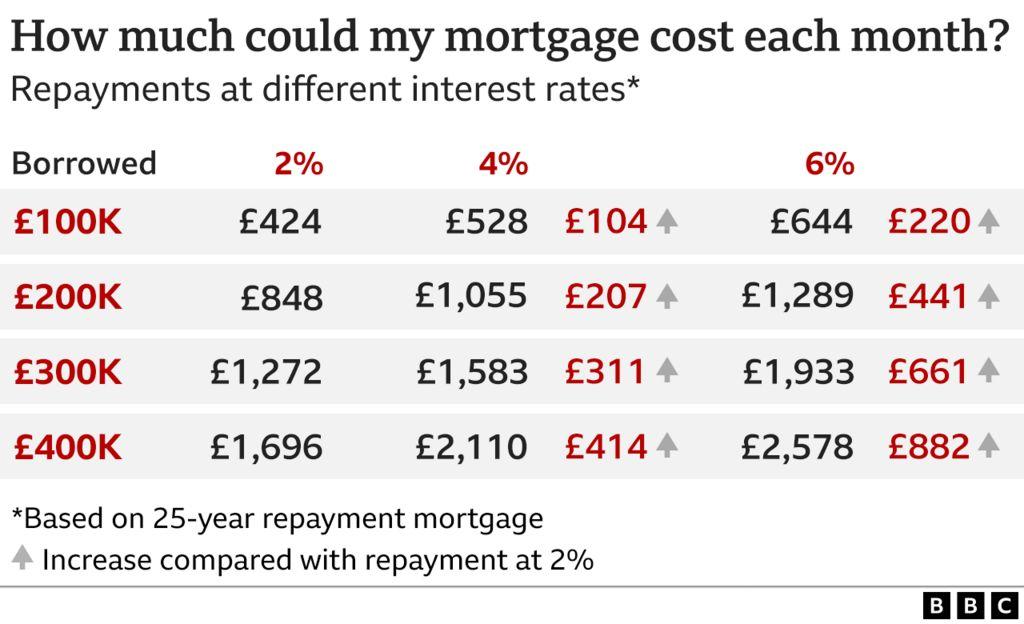
In this article, we’ll discuss the current state of the bond market and how it affects mortgage rates. We’ll also discuss the effects of the recession on mortgage rates, and how APR is calculated. Hopefully, you’ll find this information useful. If you’re looking to purchase a home, now may be a good time to consider refinancing. Mortgage rates have been trending downward in recent months, but they’re still at a historically low level. Getting a lower rate can be an excellent way to save money, and we’ll explore those options.
Interest rates for fixed-rate mortgages
For the fourth consecutive week, interest rates for 30-year fixed-rate mortgages increased from a year ago. The 30-year mortgage rate rose from 6.91 percent to 7.14 percent. The rate has been steadily climbing for several years, and this week’s rate rise is the highest for either of these loan types in five years. Interest rates for 30-year fixed-rate mortgages generally follow the yield on the 10-year Treasury note.
Bankinter is continuing its commercial strategy of lowering interest rates for longer fixed-rate mortgages. The rate of interest on a 20-year mortgage has decreased to 1.55% NIR, down from 1.69%. Similarly, a 25-year mortgage is now priced at 1.60%, down from 1.79%. A 30-year mortgage will now cost 1.70% NIR. All other terms remain the same, so this increase may be beneficial for active savers.
Influence of bond market on mortgage rates
The influence of the bond market on mortgage rates can’t be understated. The 10-year Treasury bond yield is closely tied to mortgage rates. As bond yields decrease, investors jump to the safer, more stable mortgage asset. But bonds don’t automatically go down. Bond prices can fall or rise, depending on the mood of the bond market. For instance, when the 10-year Treasury bond yield falls, other bonds will also fall.
The bond market is also influenced by many different factors. Long-term mortgages are also known as Mortgage-Backed Securities. While Treasury bonds are 100% guaranteed to be repaid, most other types of bonds carry greater risk of early repayment or default. In order to make up for this risk, mortgage rates must be higher than other investment vehicles. If you’re planning to buy a mortgage, make sure to shop around.
Impact of economic downturn on mortgage rates
As the economy continues to struggle, a recession could be just around the corner. Recessions can be slow and gradual, lasting months or even years. During this time, people often hold off on spending, which in turn leads to higher unemployment rates. As a result, companies tend to tighten their belts, reducing employment opportunities. At the same time, the economy is also weakened by uncertainty over the conflict in Ukraine. As a result, higher borrowing costs could affect the housing market the most.
As the housing market reached its peak in 2006, residential construction began to decline. The global financial markets became stretched because of the losses associated with mortgage-related financial assets. By December 2007, the US economy had sunk into recession. In addition, several large financial firms faced financial distress, and numerous markets experienced significant turbulence. As a result, interest rates have risen faster than they have since 1981. Ultimately, homeowners are left to wonder what comes next.
Calculation of APR
When looking for a mortgage, the APR is the interest rate for the loan. However, APR for mortgages can be very complex. To make it easier to understand, you can calculate the APR yourself using a spreadsheet. This calculator will require you to enter the loan amount and total loan period in months. You will need to enter the interest rate, as well as the closing costs. You will also need to input the number of “points” that you wish to purchase in order to lower your interest rate. These points cost 1% of the total loan amount, and are tax-deductible in the year of payment.
An APR for mortgages is a useful tool for comparing loan offers. However, it is important to understand that the APR is based on a long repayment period and does not reflect the costs of making smaller payments over a shorter time. For example, if you plan to pay off the loan early or sell your home, you will be charged a higher interest rate than if you borrow a smaller loan amount for the same period.
Refinancing your mortgage in a rising-interest-rate environment
Although interest rates are now higher than they were a few years ago, this is no reason to delay refinancing your mortgage. In fact, refinancing can actually lower your payments, particularly if your credit score is good or if you’ve refinanced an older mortgage. If you’re unsure about whether refinancing is right for you, consult with a financial professional or a banker.
Currently, rates are near or even above 5 percent, and economists expect that the number will rise even higher. This is due to high inflation, which hit a 40-year high in December. It is also because labor and supply shortages are driving up prices. When these two factors combine, the dollar becomes worth less. In addition, higher mortgage rates will narrow the pool of candidates. Currently, low mortgage rates have allowed millions of homeowners to refinance their mortgages.






